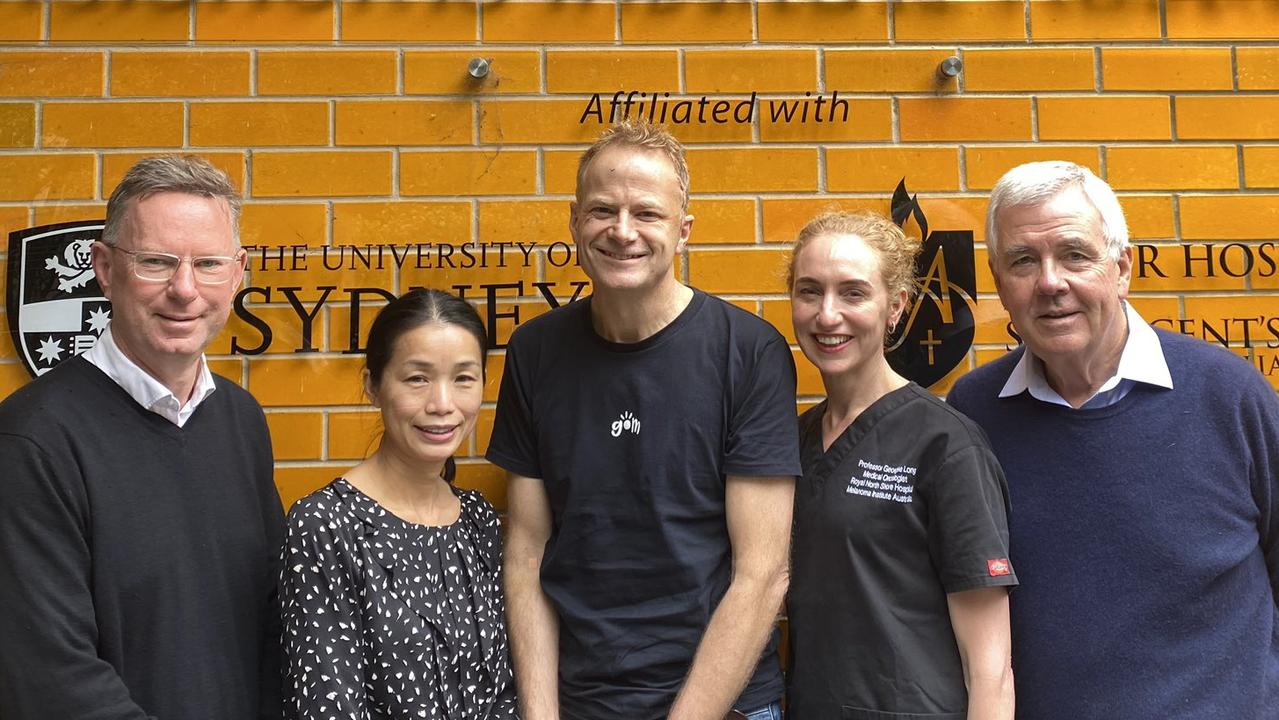Tradie suicide crisis: 190+ Australian tradies die each year
Tradies are eight times more likely to die from taking their own life than a workplace accident. Aaron Bramham is making it his personal mission to help others after losing his daughter.
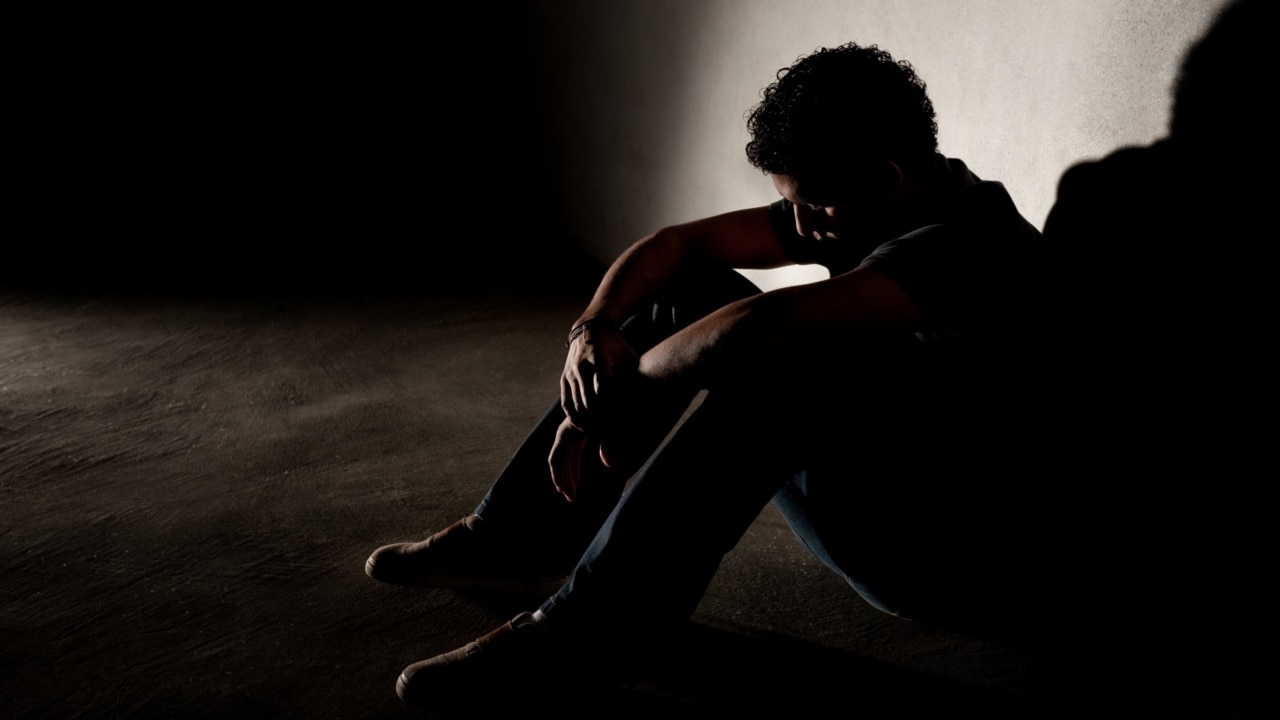
Health
Don't miss out on the headlines from Health. Followed categories will be added to My News.
Aaron Bramham knows first-hand the devastating effects of suicide, having lost his own daughter aged just 15.
And working in an industry where more than three workers a week take their own life, the father-of-two is on a mission to spare other families the grief he went through.
“Hindsight is a wonderful thing but, at the time, I didn’t deal with Emma’s death correctly. I was there for everybody else, but I wasn’t there for myself,” Mr Bramham said.
While the loss of his daughter is still raw, Mr Bramham said it “rattled me and my family’s world and exposed to me what suicide is all about”.
He is now determined to channel his grief into helping those working in the construction industry, where at least 190 workers die by suicide every year, and are eight times more likely to die from taking their own life than a workplace accident.
Between 2001 and 2019, there were 4143 suicides among male and female construction workers across the country.
Machinery operators have the highest risk of suicide (50 per cent), followed by labourers (36 per cent) and technicians (19 per cent).
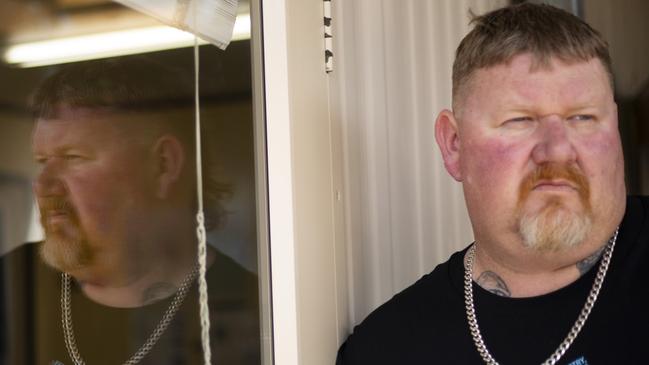
Mr Bramham, who is a safety co-ordinator at McConnell Dowell, has been working for several years with mental health charity MATES in Construction to raise awareness about the issue.
He said mental health issues within the industry are a “real hazard” and need to be addressed.
“In my position, I do get people coming to me for help, and now I’m more aware of signs and symptoms of people that are struggling with mental health,” he said.
“Over the past six or seven years I’ve certainly supported numerous people in construction from taking their lives.
“It’s probably a personal legacy for my daughter for me to be an advocate in the construction industry and I have completed several mental health training programs with MATES.”
UniSA PhD candidate Simon Tyler, who worked in the construction industry for almost 10 years, also knows first hand the effects of suicide after losing workmates.
It led him into researching the factors driving the high rates of suicide in the construction industry, which he has just completed after three years.
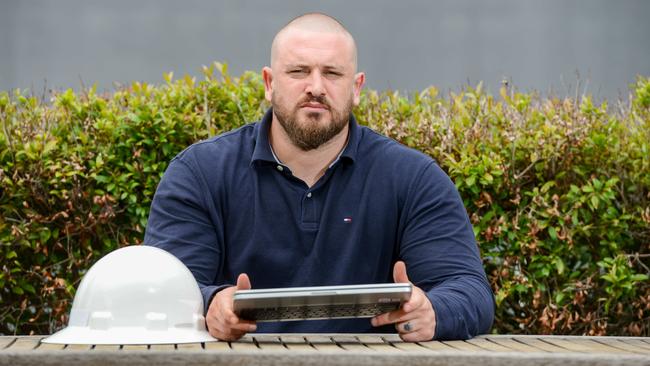
He found long work hours and job insecurity are driving suicidal thoughts and distress among some workers who are experiencing significant pressure from the industry’s demands.
“There was a strong relationship between experiences of psychosocial job factors, like job security and work demand, and experiences of suicidal thoughts,” Mr Tyler said.
“We also found that there was only certain aspects of traditional masculine norms that were driving someone to experience experienced suicidal thoughts,
“That was fundamentally this concept of self reliance or stoicism.”
Mr Tyler, 35, found many participants in his research struggled with the stigma around mental health and the suicide among workmates limited them from reaching out for help.
“I think the industry is really trying to take this in hand and are really trying to address this issue,” he said.
“They need to continue to engage with services like MATES and we will start to see a decrease even more in suicides … Workers shouldn’t be afraid to put their hand up when they’re not OK.”
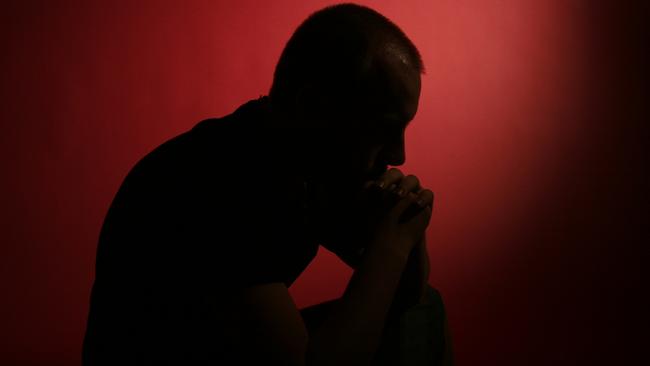
During national suicide prevention awareness week, which starts on September 10, MATES will hold the Fly the Flag initiative in an attempt to make real change in the construction sector.
Over 1000 sites will take part in the initiative, which also coincides with R U OK? Day on September 14.
“Despite a drop in suicide rates in recent years, the Australian construction industry still has some of the worst rates of suicide of any industry in this country,” chief executive officer of MATES, Chris Lockwood, said.
“Fly the Flag sets out to make our work as visible as possible and recognise the fact that all of us, our workers, our employers and our unions, still have so much more work to do.’’
MATES in Construction 24/7 helpline: 1300 642 111




